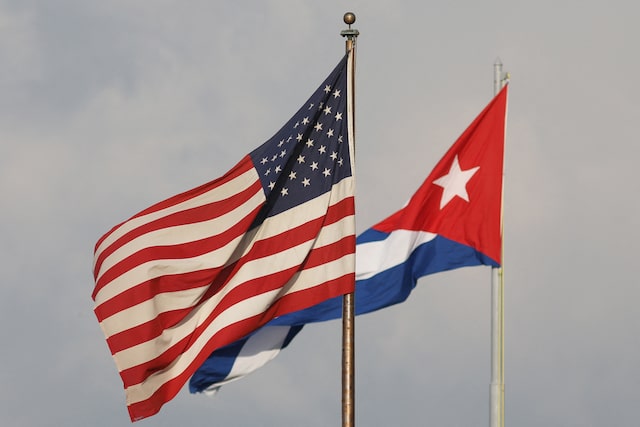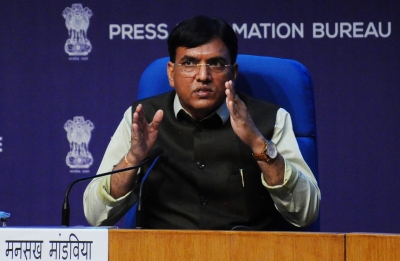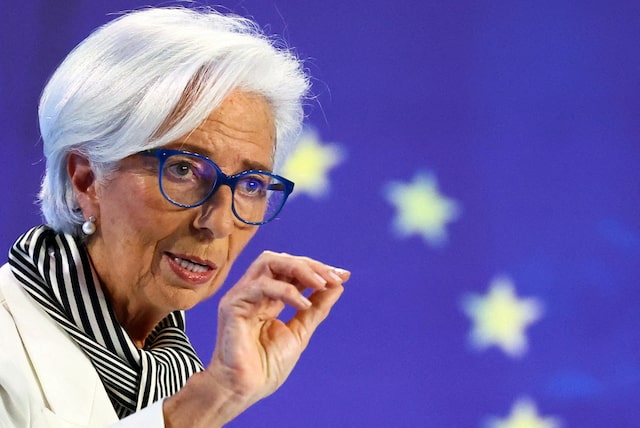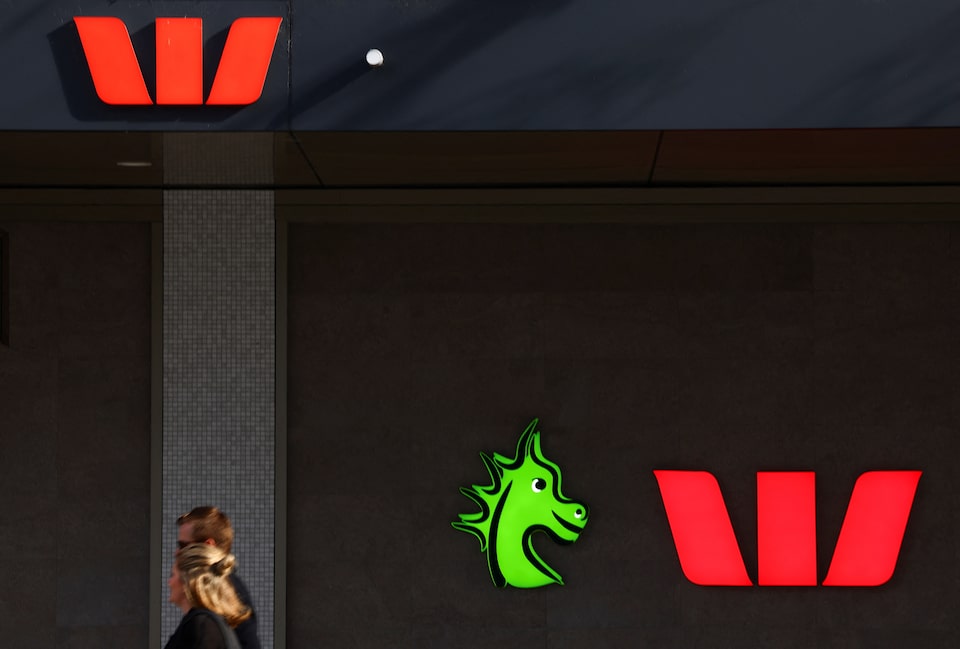A view of Cuban and U.S. flags beside the U.S. Embassy in Havana, Cuba, May 13, 2024. REUTERS
HAVANA, (Reuters) – Tens of thousands of Cubans marched in front of the U.S. embassy in Havana on Friday to protest longstanding sanctions in the waning weeks of the Biden administration and as the island’s government worries about possibly tougher treatment under President-elect Donald Trump.
The demonstration along Havana’s seaside drive that fronts the embassy was led by Raul Castro, in his nineties and referred to as the leader of the Revolution, and President Miguel Diaz-Canel, who also heads up the ruling Communist Party.
Marchers chanted “Down with the blockade” and “We will never surrender” as they waved Cuban flags.
Cuban officials have repeatedly lamented President Joe Biden’s failure to lift restrictions imposed by Trump during his first term, on top of already comprehensive sanctions. More recently, the officials have said they are prepared for even more punishment when Trump takes office again next month.
“Biden in a disciplined and cruel manner complied with the policy that Trump approved during his mandate,” Diaz-Canel said as he rallied protesters.
Diaz-Canel also called on Biden to reverse Trump’s designation of Cuba as a state sponsor of terrorism, a move that has limited its ability to engage in international financial transactions.
“We are declaring our right to freedom and sovereignty,” said 40-year-old Rosalina Rodriguez.
“The only thing that Cuba needs economically to get up and move forward again is for sanctions to be lifted,” she said.
The march was the first in more than a decade organized in front of the U.S. diplomatic headquarters to protest the country’s Cuba policy, signaling a more confrontational posture by the Caribbean island nation as it prepares for Trump.
The government charges U.S. sanctions are largely to blame for leaving large swathes of the population facing daily power outages, double-digit inflation, and shortages of basic goods, water and fuel.
Reporting by Marc Frank and Nelson Acosta; Editing by Rod Nickel





